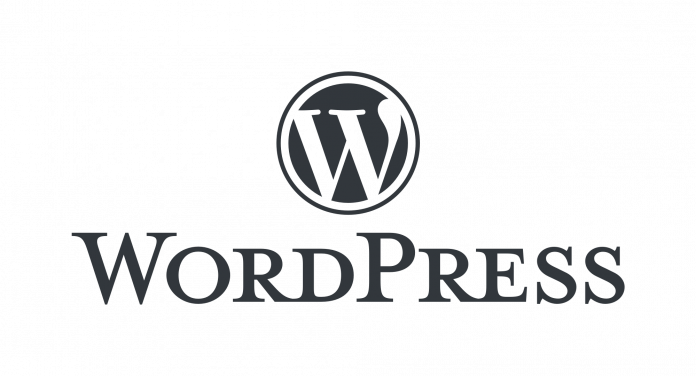Do you want to increase the speed of your WordPress site load faster? Quick loading websites enhance user experience, boost pageviews, and assist with WordPress SEO. The best WordPress speed optimization advice is provided in this post to help you increase WordPress functionality and speed up your website. This article is a thorough tutorial on the tips for speeding up WordPress site performance. I made an effort to cover all the bases, including why speed is crucial, what slows down your WordPress site, and practical steps you can take right away to speed up WordPress. Lets get started:
Pick a trustworthy hosting company
A quick WordPress site is built on a top-notch web hosting supporting WordPress. You must pick a hosting company and a package that satisfies your needs for bandwidth and performance. The majority of WordPress providers provide a variety of hosting services, including managed WordPress hosting plans, dedicated hosting, virtual private server (VPS) hosting, and shared hosting. Find a dedicated, VPS, or managed-to-host package from a reliable provider instead if your website is more established and has more content and frequent traffic. These strategies will allow sufficient server resources to deal with increased demand without delaying page loads.
- Updating Everything
If you’re a WordPress administrator, updates are a fact of life. Updates to the WordPress core, themes, and plugins are required to make your site function as effectively as possible, among other things. Always use the most recent versions to improve speed, protect your website, fix issues, and make sure all features and tools work as intended.
- Delete any plugins that aren’t being utilized
When it comes to WordPress plugins, quality prevails over number. Considering that each plugin functions as a little piece of software on your website, having too many plugins active at once might slow download speeds. Even if you’re not using a certain plugin, there’s a potential that it’s taking resources and performing pointless tasks in the background. Perhaps it’s time to make some cuts. Any plugins that you are confident you won’t ever use again should be turned off first. After each deactivation, check your website to make sure everything is still functional before deleting these plugins. Then, deactivate each plugin individually to observe which ones affect performance. Look at finding smaller plugins to replace them.
- Use a minimal theme
Similar to plugins, your active WordPress theme can be taxing your web server excessively. High-quality pictures and effect-packed themes may appear interesting, but they are expensive. Many themes are programmed inefficiently and fancy effects might demand a lot of code, which increases file sizes and decreases the speed of your page. Choose a straightforward theme with exactly the functionality your sites need. If you’d like, you can always add more effects in the future using plugins or unique CSS. You can start your search by looking through our list of suggested WordPress themes.
Conclusion
Speed optimization is your main responsibility, much like many other facets of managing a WordPress website. Fortunately, there are several tactics you can take to reduce load times and provide users with the fastest, most enjoyable experience. Choose a reliable WordPress hosting in Pakistan along with the other speed optimization tips to ensure a fast loading WordPress website for your users!











